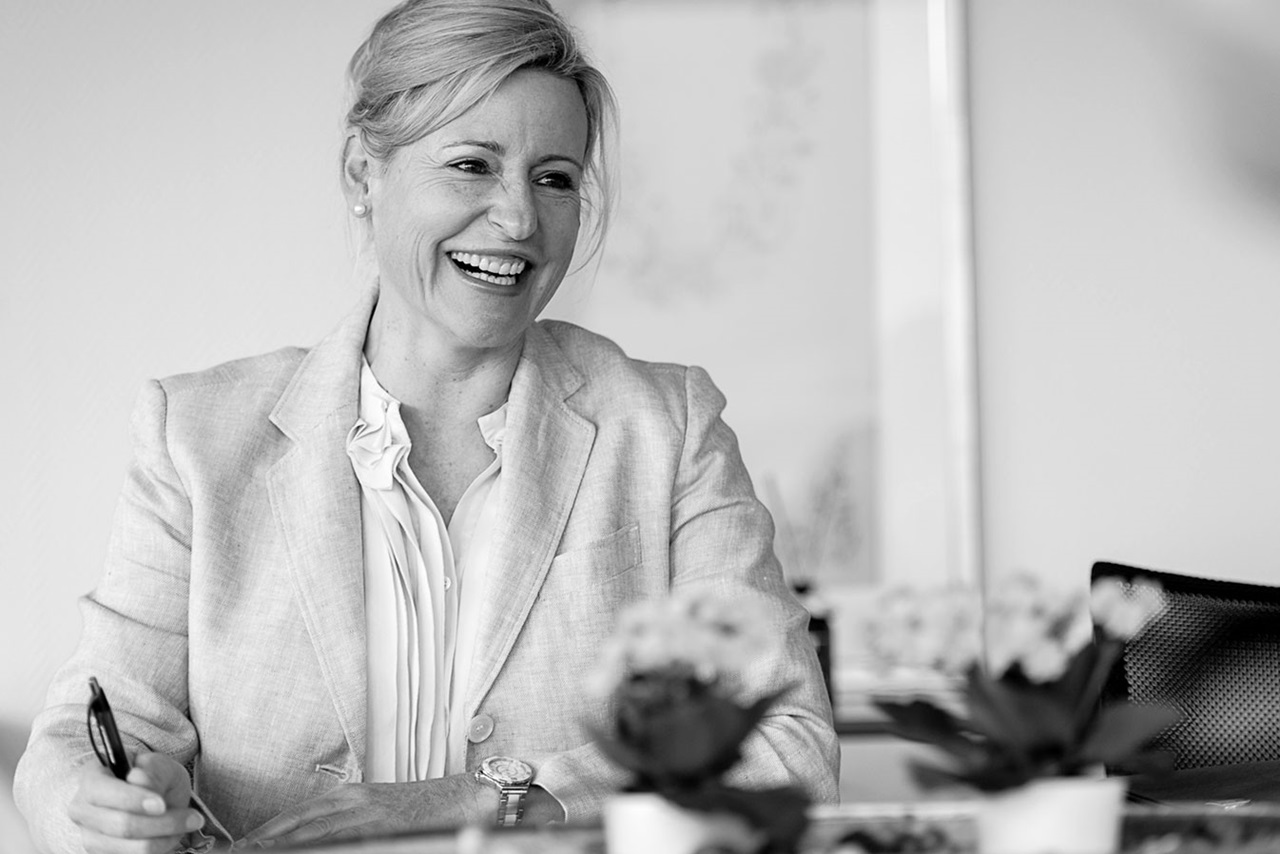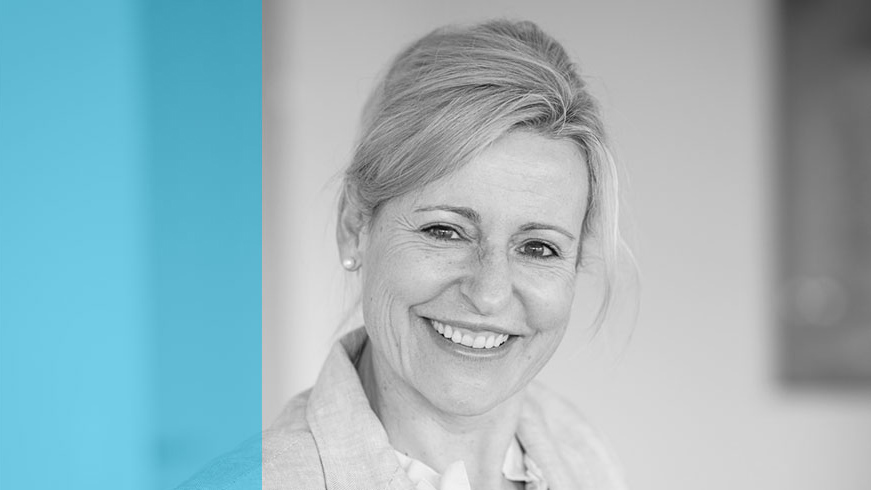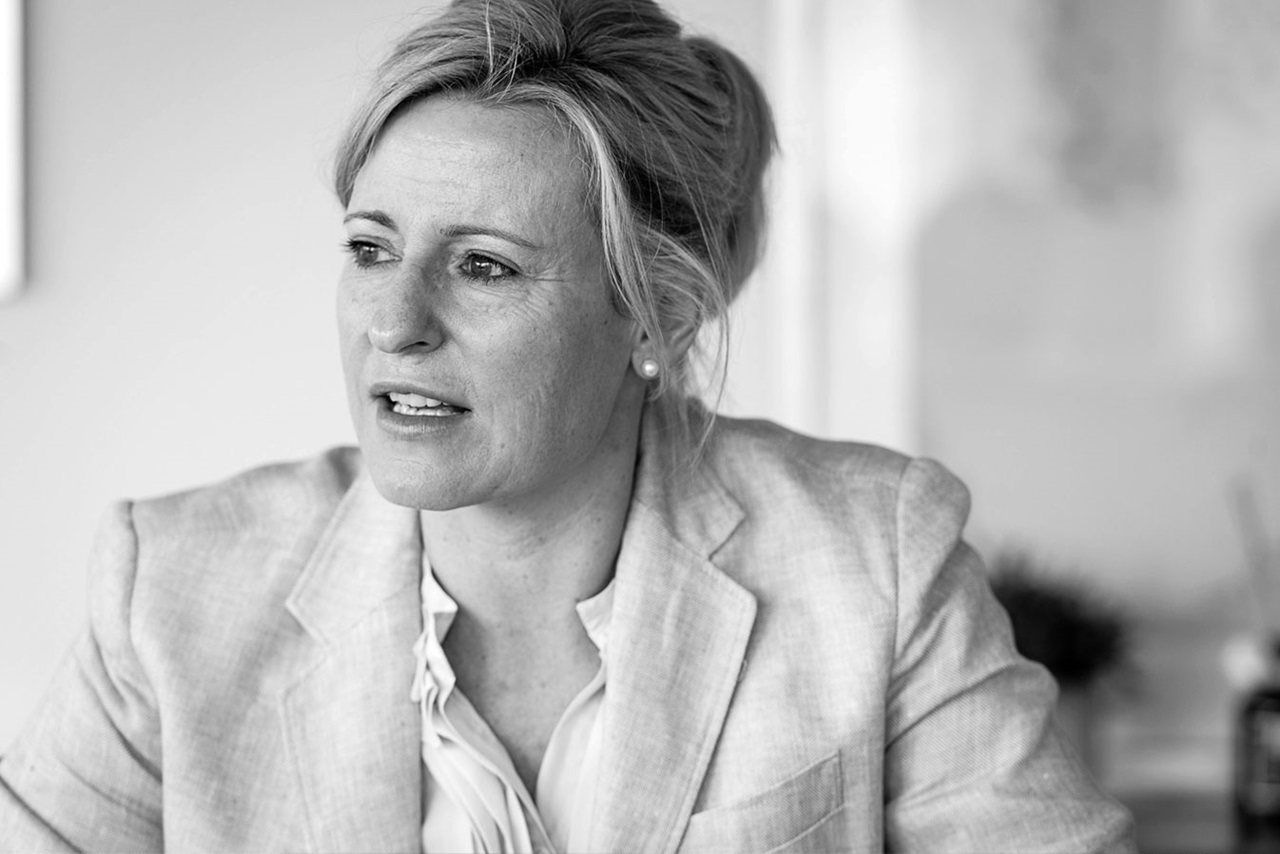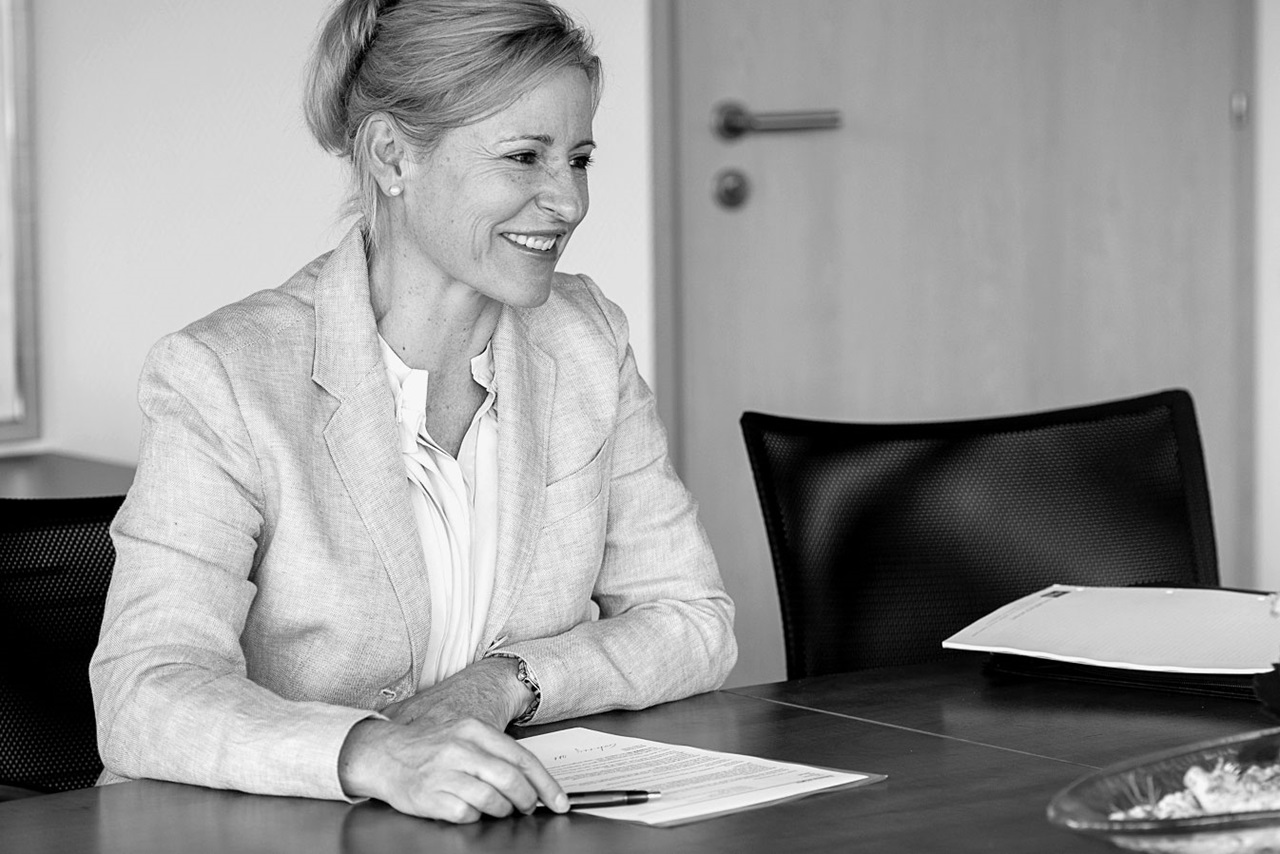echo-Interview with Brigitte Breisacher, CEO and owner of alpnach norm-Holding AG
elipsLife echo: Frau Breisacher, alpnach norm is synonymous with quality furniture and individuality. The name, however, suggests standardisation. Is this a contradiction?
Brigitte Breisacher: It's not a contradiction. Quite the opposite. For us, individuality is the norm. When my father founded the company in 1966, we did actually manufacture standardised cabinets. We grew up with these products. Today, it's not the cabinets that are standardised but rather our processes. This is the major change compared to the past. Having said that, we still of course remain true to our logo and label.
How do your furniture products differ from those that are imported into Switzerland?
The most important difference is quality. We devote great attention to this aspect and constantly compare our products critically with those of other furniture companies, which for the most part are foreign in origin. The second differentiating factor is our service capability that we offer our customers. Our 12 branches throughout Switzerland give us close proximity to them and enable us to provide an on-the-ground advisory capability. We accompany our customers throughout the whole process, from the initial advisory stage and the collaborative development of bespoke solutions, through to customised installation carried out by our own technicians. These are the two major differences between our overall product and the offerings from abroad.
What impact do the trends set by the major low-cost manufacturers have on alpnach norm's range of products?
Let's take Ikea as an example. The last time I visited one of their outlets was at the beginning of the year. But I wasn't inspired at all by their range of products. There's so much on offer – it's almost overwhelming. I would describe this type of purveyor as one focusing on the entry-level market, above all young people moving into their own place for the first time. Alpnach norm, on the other hand, markets to a contrasting buyer segment, our philosophy is quite different too. Consequently, we're not in the same price category either. Our products would not appeal at all to the target customers of the low-cost manufacturers.
Why should consumers purchase cabinets or kitchens from your company?
Because with us, the customer is getting a product exactly tailor-made to his specifications. We take careful note of the customer's wishes and, in collaboration with him, work on the desired product. We make sure that the end-result is an exact reflection of what he envisaged. At alpnach norm, a customer's wishes do not remain just as words on paper.




